
[This is now the first part of what was previously written as a single article. On the request of readers for greater elaboration of the four points in the article, I have now made it into a two-part series. Accordingly, this article has been re-written to deal with two of the four points more elaborately. The second part of the article is here.]
An idea often attributed to the Bhagavad-gita (04.11) is, “All paths lead to the same goal.” However, it is not what the Gita verse says. Beyond that, here are two fatal problems with this idea. (Henceforth, “this idea” is the shorthand I use to refer to the idea “all paths lead to the same goal”):
Logically: This idea makes the Gita itself redundant. Here’s how. Because Krishna speaks the Gita to help Arjuna resolve his dilemma about the right thing to do (02.07). If whatever Arjuna does, he will still attain the same goal, why does Krishna need to speak the Gita? Even more fundamentally, why does Arjuna even have a dilemma? If we came to a fork and knew that both the roads ahead would take us to the same place, we wouldn’t get too worked up about which road we chose. Then, why does Arjuna get so worked up? Suppose Arjuna doesn’t know this idea at the start of the Gita. Even then, he comes to know about it in the Gita’s fourth chapter itself. Why, then, does he continue hearing the Gita’s complex philosophy for fourteen more chapters?
Contextually: What happens if we apply this idea to Arjuna’s battlefield context and specifically to his dilemma: to fight or not. Do both choices lead to the same results? Certainly not. Arjuna’s immediate fate would be different — if he doesn’t fight, he will be killed or be left a pauper; if he fights and wins, he will reign in royal prosperity. What about society’s fate? If Arjuna fights and the Pandavas win, the virtuous Yudhishthira will become the king and lead the kingdom to virtue and spirituality. If he doesn’t fight and the Pandavas lose, the impudent Duryodhana will become the king and use the kingdom for his self-centered indulgence. Clearly, these results are hugely different.
One-sentence summary:
All paths lead to the same goal: this idea makes Krishna’s words redundant and the catastrophic Kurukshetra battle inconsequential — it is not the teaching of the Gita.
Think it over:
All paths lead to the same goal — what are the problems with this idea:
- Logically?
- Contextually?
***
04.11: As all surrender unto Me, I reward them accordingly. Everyone follows My path in all respects, O son of Prutha.
To know more about this verse, please click on the image

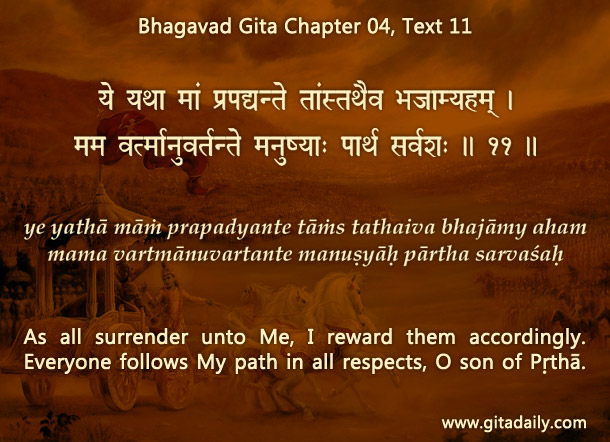

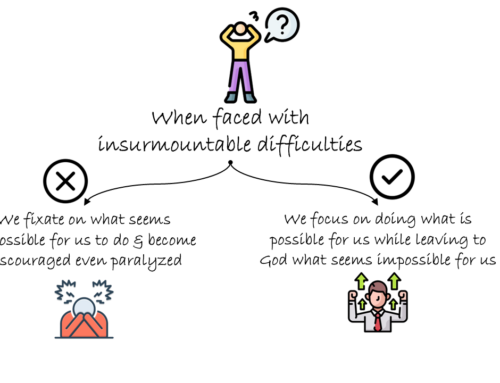

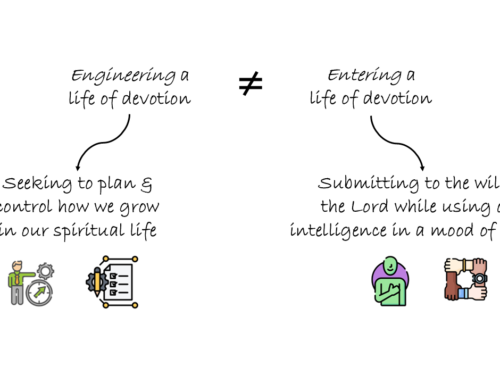

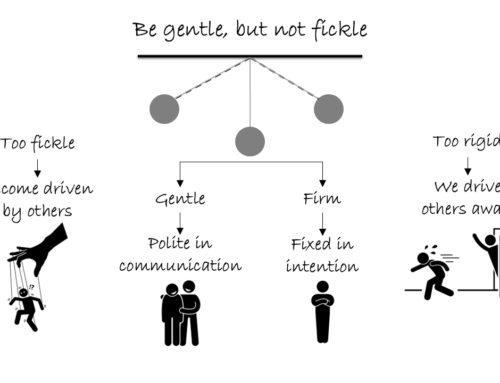
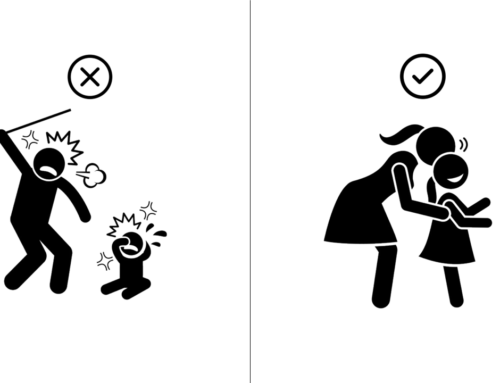
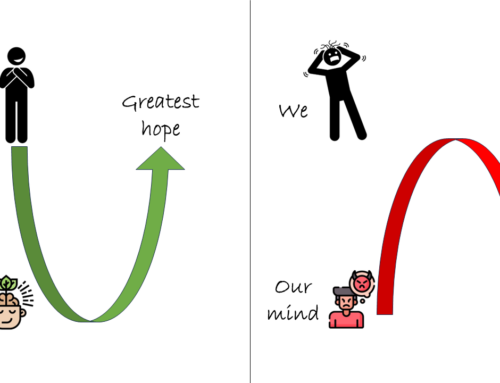
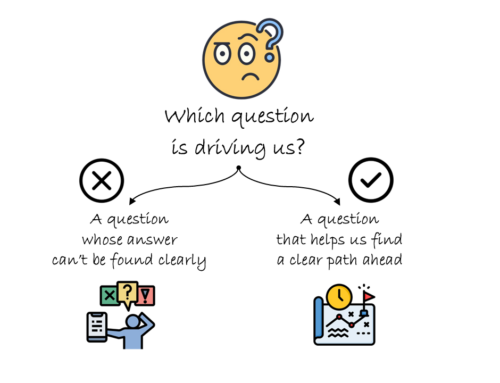
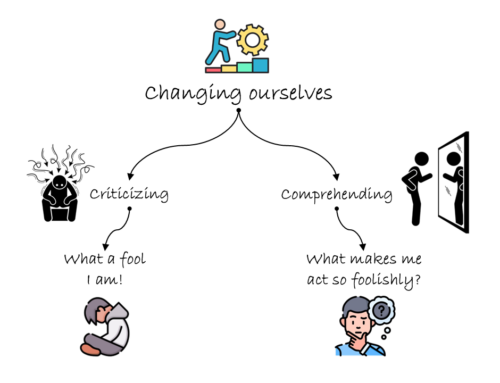
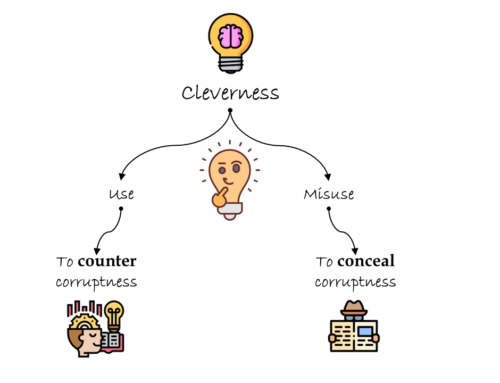

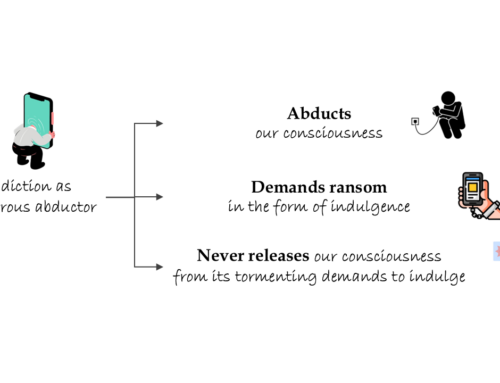
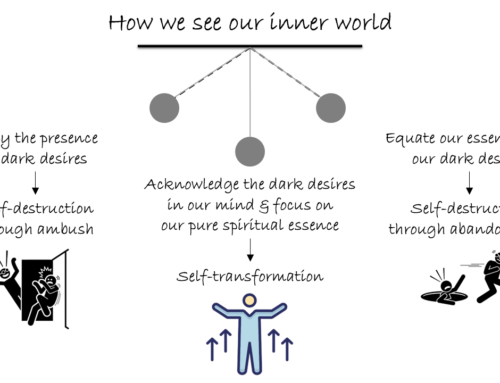
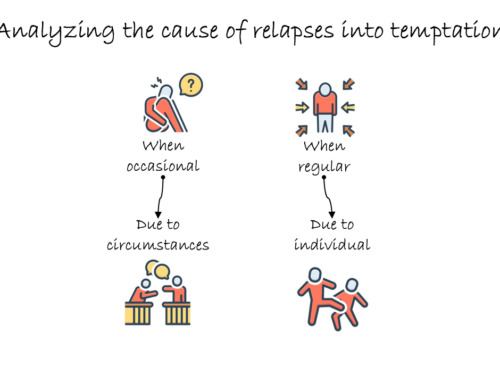
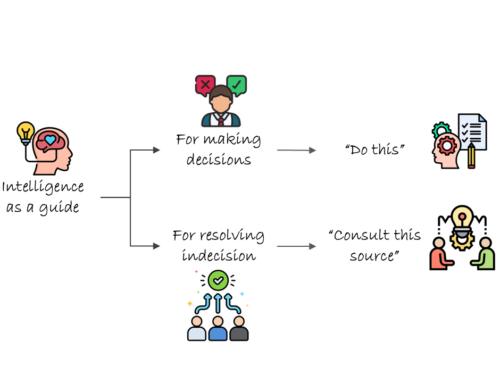
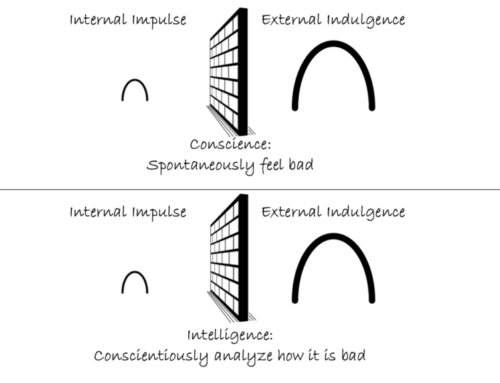
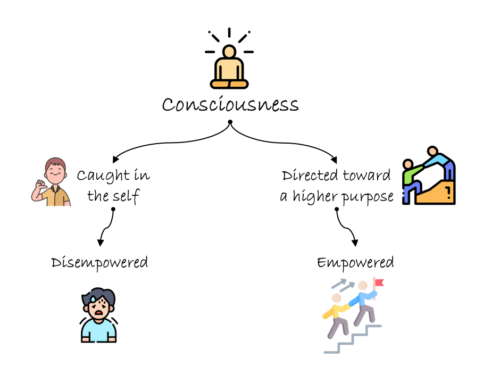
Death is the destination to converge all paths
Yes, for those with a material vision of life.